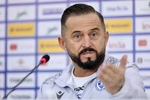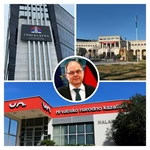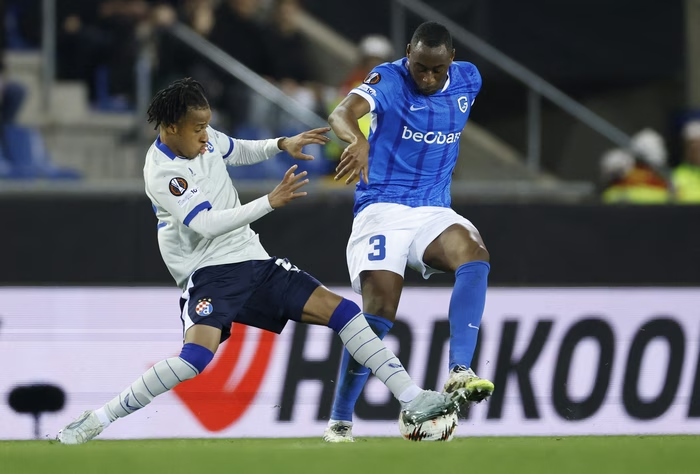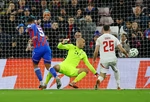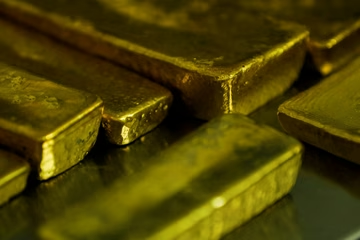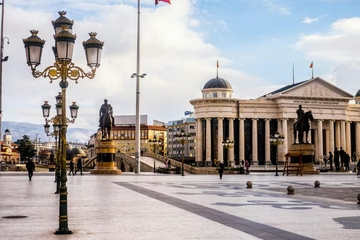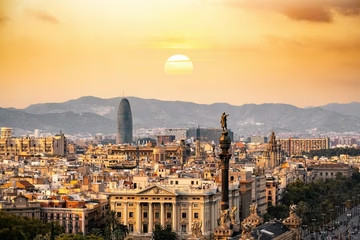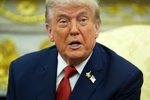Mostar’s Partisan Memorial Cemetery opens for Victory Day
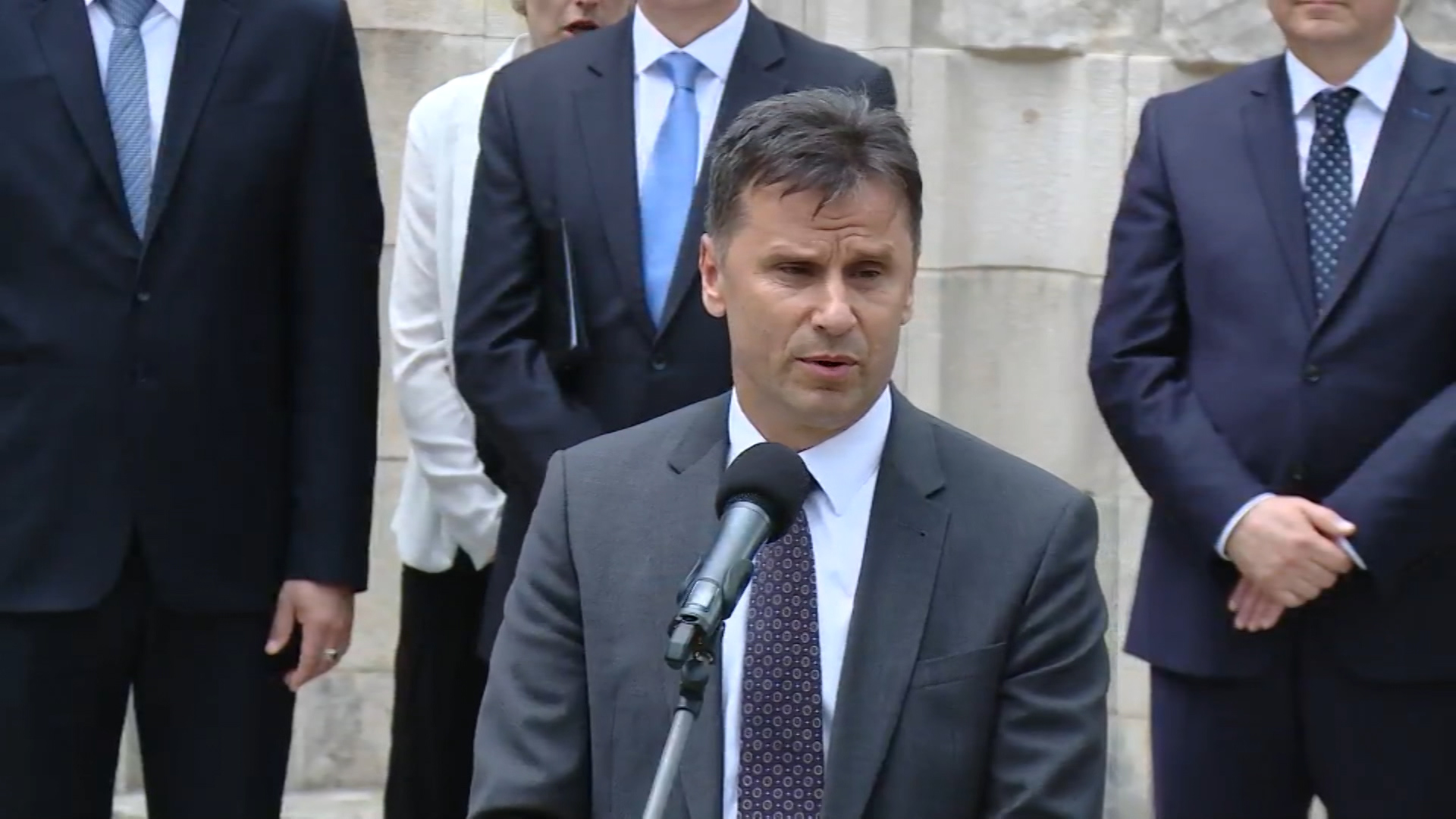
Mostar’s restored Partisan Memorial Cemetery has been opened on Victory Day and the Day of Europe with a ceremony attended by state officials and the EU Special Representative.
Oglas
The cemetery is “a symbol of victory over fascism. This day was not chosen as Europe Day by chance, it is when a message was sent to all future generations and peoples in Europe,” said Fadil Novalic, the Prime Minister of Bosnia’s Federation (FBiH), one of the country’s two semi-autonomous entities.
“The Partisans were not just simple people, they were walking the antifascist path, which Europe acknowledged as its official path. It is sad that we had to wait for 20 years for the monument to be restored,” he added.
Novalic said the restoration of the monument is a “beginning of the restoration of the idea of anti-fascism,” pointing out the contribution from those from Mostar who fought the Nazi occupation.
Oglas
“A third of Mostar’s citizens were involved in this battle and I hope this monument will remind Mostar’s citizens of a time of unity,” he said.
The Chairman of Bosnia’s Council of Ministers, Denis Zvizdic, said that the country is “witnessing that fascist and hegemonic ideologies have not been defeated”.
“Our everyday life reminds us that there are elements of discrimination bordering with fascism. Ideologies which we thought were forever defeated had been resurrected again on the territory of Bosnia and Herzegovina, which resulted in the worst of crimes,” Zvizdic said.
“Concentration camps, war crimes and genocide have shown us that fascism has a thousand faces. History repeats itself if we don’t learn the necessary lessons,” he added.
Oglas
Anti-fascism “should not be tied to one ideology or party, but should belong to all peoples and citizens of Bosnia,” Zvizdic said.
Lars-Gunnar Wigemark, the Head of the EU Delegation to Bosnia and Herzegovina, said that May 9 “is one of the most important moments in the history of modern Europe. A history full of bloodshed and murder.”
Wigemark pointed out how five years after Nazi Germany surrendered, the French Foreign Minister at the time, Robert Schuman, called upon his German colleague to cooperate with him.
“Schuman opened up an era of understanding and cooperation in the European Union. This was a path to heal the wounds of the war,” Wigemark said.
Oglas
“The European Union is not an empire that conquers other states, but a union of independent states that share common values, and countries join it out of their own will,” he said.
Kakvo je tvoje mišljenje o ovome?
Učestvuj u diskusiji ili pročitaj komentare
Oglas
Kakvo je tvoje mišljenje o ovome?
Učestvuj u diskusiji ili pročitaj komentare
Oglas





 Srbija
Srbija
 Hrvatska
Hrvatska
 Slovenija
Slovenija











